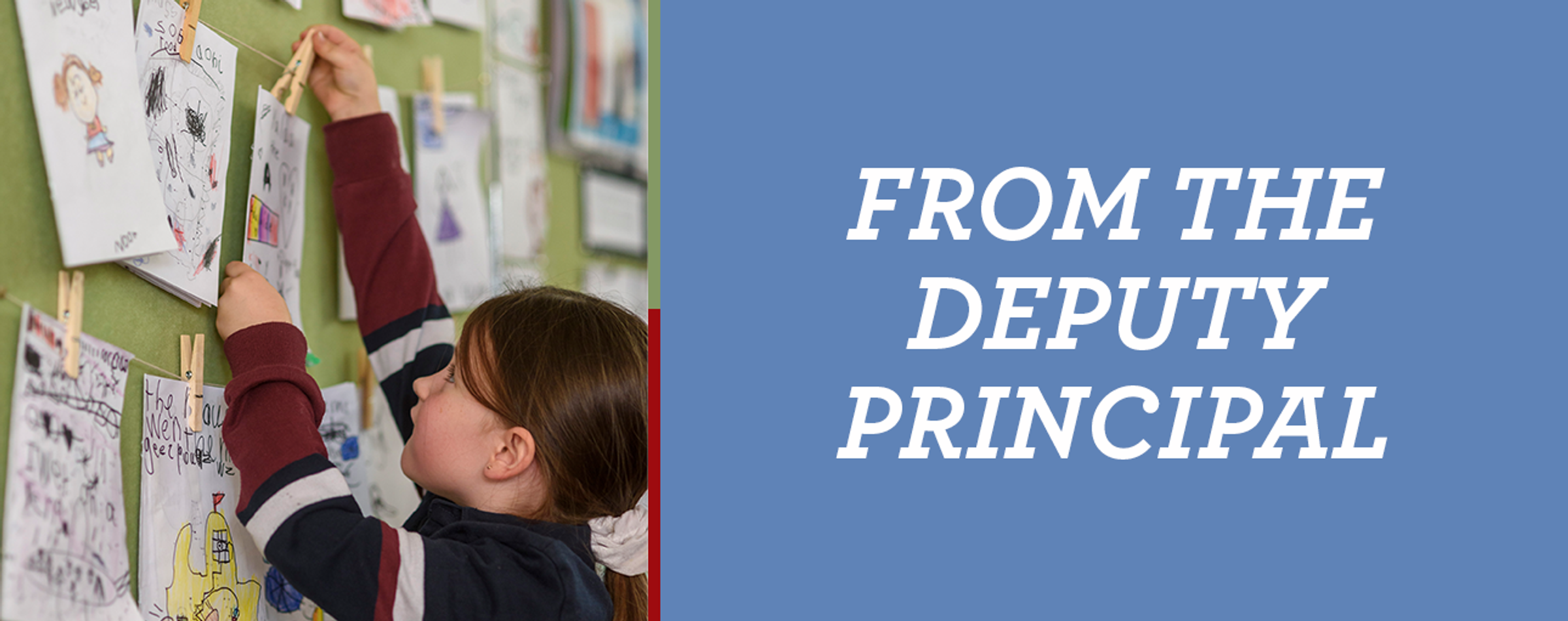From the Deputy Principal
Graham Buxton

From the Deputy Principal
Graham Buxton
There is a lot of conversation around at the moment about reading and how children learn to read.
This is really important.
We know that students’ ability to read is a strong indicator of future success both at school and beyond.
At St Paul, we know this and we are always striving to help our children be the best readers they can be.
We also know this: that evidence shows that reading for pleasure or enjoyment has strong benefits for children’s academic performance and for their psychological wellbeing.
We, therefore, have an obligation to teach our children explicit reading skills but also to create a culture that develops their love of reading and that will see them want to read for their own enjoyment.
As a school, we use the Readers Workshop approach as our framework to achieve this.
Within the Readers Workshop structure, we:
We see with our children their love of reading every day and it is wonderful to see our new littlest readers discovering that they can read for themselves, whether it’s reading pictures or reading the words. It’s affirming to hear our new children sharing how they’ve discovered or rediscovered a passion for reading and it’s exciting to hear some of our older readers share their love of reading with other children in our school.
If you would like to support your child to develop a greater love of reading, here are some ideas you might like to try:
If you would like to read more about reading, Lisa Burman is a literacy expert who works with our teachers and has shared some thoughts here: